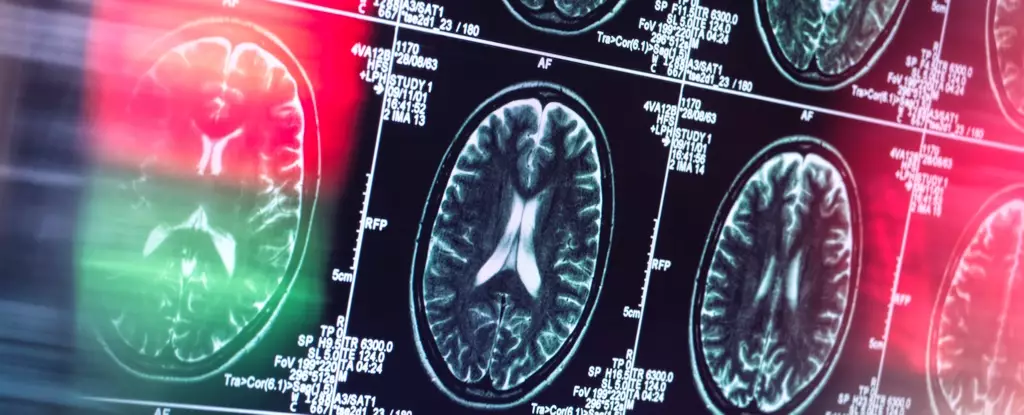The pursuit of a cure for Alzheimer’s disease has long been a challenging and complex journey. In recent years, the field has been marked by controversies and conflicting theories. For example, a key 2006 research paper, published in the prestigious journal Nature, identified a subtype of brain protein called beta-amyloid as the cause of Alzheimer’s. However, this discovery was called into question when it was revealed that the data supporting this claim may have been fabricated.
Furthermore, the approval of aducanumab by the US Food and Drug Administration in June 2021 raised eyebrows within the medical community. This antibody, targeting beta-amyloid, was approved as a treatment for Alzheimer’s despite incomplete and contradictory data. The controversy surrounding aducanumab has divided physicians, with some arguing against its approval and others advocating for its use.
Traditionally, researchers have focused on developing treatments that target the formation of beta-amyloid clumps in the brain. However, this approach has not yielded a breakthrough therapy for Alzheimer’s. Scientists have become entrenched in a narrow way of thinking, fixating on one aspect of the disease while potentially overlooking other crucial factors.
At the Krembil Brain Institute in Toronto, researchers are challenging this conventional wisdom by proposing a new theory of Alzheimer’s disease. Based on 30 years of research, they believe that Alzheimer’s is not primarily a brain disorder, but rather an immune system disorder within the brain. In this new perspective, beta-amyloid is not an abnormal protein, but a natural component of the brain’s immune response.
The researchers at the Krembil Brain Institute theorize that beta-amyloid plays a crucial role in the brain’s immune system. However, due to similarities between the molecules in bacterial and brain cell membranes, beta-amyloid can mistakenly attack brain cells instead of foreign invaders. This misdirected immune response leads to a progressive loss of brain function and ultimately dementia.
This autoimmune perspective offers a new way of understanding Alzheimer’s disease. While conventional autoimmune therapies may not be effective, targeting immune-regulating pathways in the brain could lead to novel treatment approaches. By reimagining Alzheimer’s as an autoimmune condition, researchers are opening up new possibilities for intervention and care.
In addition to the autoimmune theory, other researchers are investigating alternative explanations for Alzheimer’s disease. Some believe that the disease is linked to dysfunction in cellular structures called mitochondria, which are responsible for energy production in brain cells. Others propose that brain infections or abnormalities in metal handling within the brain could contribute to the development of Alzheimer’s.
The emergence of diverse theories reflects a growing recognition of the complexity of Alzheimer’s disease. With more than 50 million people worldwide affected by dementia, innovative ideas and fresh directions are urgently needed.
Alzheimer’s disease remains a pressing public health crisis, with profound implications for individuals, families, and healthcare systems globally. As the search for a cure continues, it is crucial to embrace new perspectives and approaches that challenge conventional thinking. By reevaluating traditional beliefs and exploring innovative theories, researchers may uncover new insights that could revolutionize the treatment and management of Alzheimer’s disease.


Leave a Reply